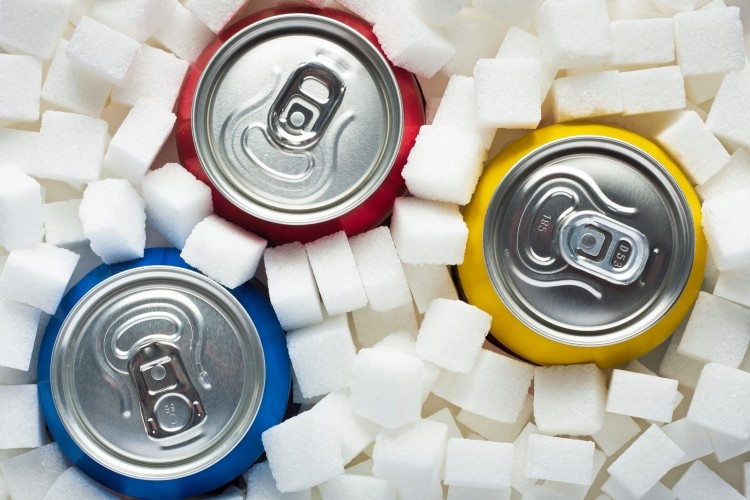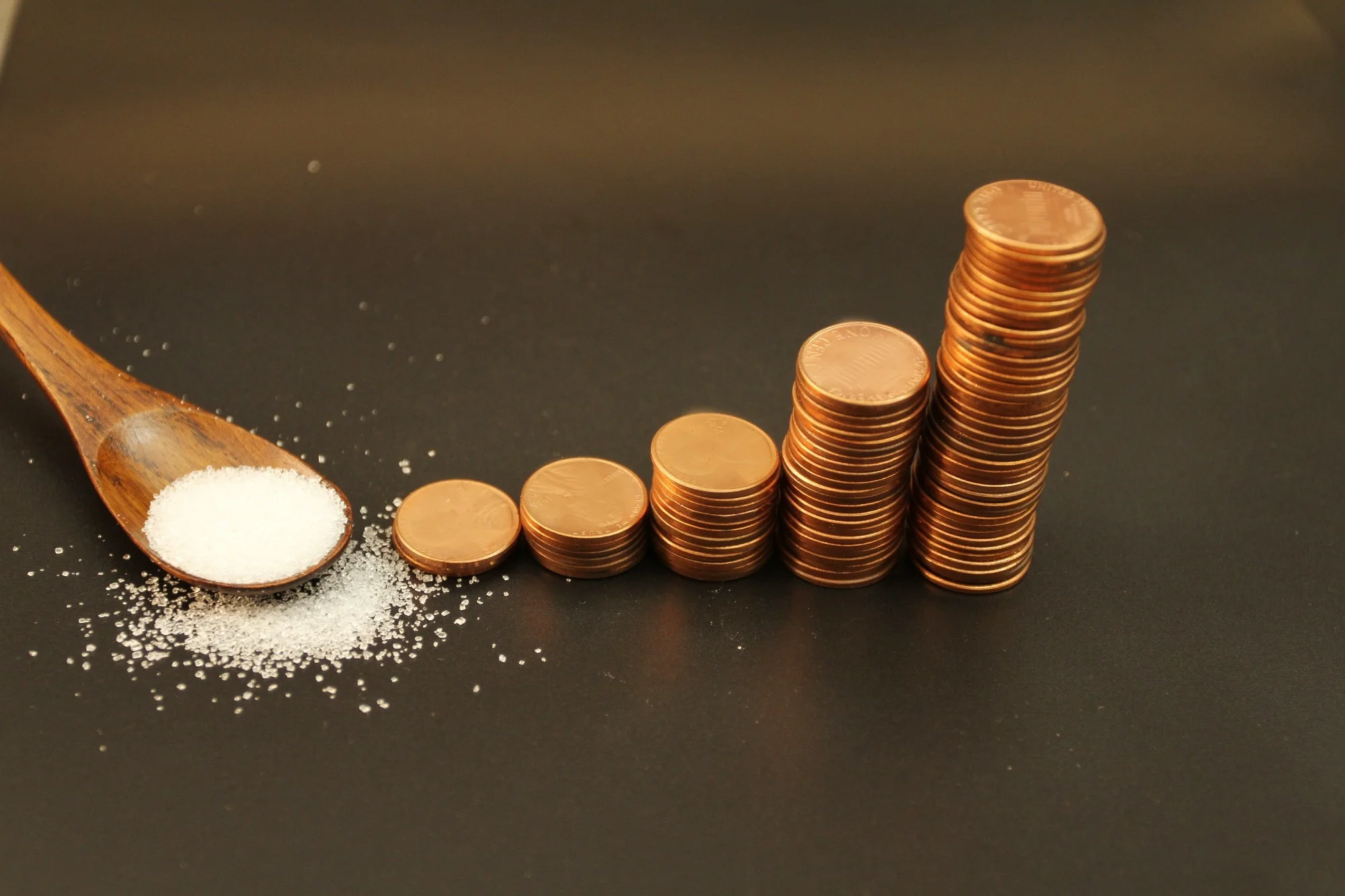Following the introduction of the UK’s Soft Drinks Industry Levy, commonly known as the sugar tax, a study published in the Journal of Epidemiology and Community Health analyzed 11 years of survey data to assess its impact on sugar intake.
The findings revealed that within the first year after the tax implementation in 2018, daily sugar intake decreased notably across different age groups. Children reduced their daily intake by approximately 5 grams, while adults saw a reduction of about 11 grams.
The tax primarily targeted soft drinks, which were identified as a significant source of dietary free sugars, accounting for more than half of the total reduction observed.
Despite these improvements, overall daily energy intake from free sugars remains higher than the World Health Organization’s updated recommendations, suggesting ongoing health concerns related to excessive sugar consumption.

Sugar-sweetened beverages have been linked to various health risks, including weight gain, type 2 diabetes, coronary heart disease, and premature death, particularly among children. Over 50 countries have implemented similar sugar taxes to encourage the reformulation of products and reduce consumption.
While the study noted a decline in sugar intake from soft drinks post-tax, it remains uncertain whether this reduction was compensated by increased sugar consumption from other sources.
The researchers analyzed comprehensive diet and nutrition survey data spanning from 2008 to 2019, encompassing information from both home and outside food consumption among a large sample of adults and children.
In addition to soft drinks, the study also considered changes in overall dietary free sugars from various sources, including milk products, fruit juices, and other beverages. Interestingly, despite stable protein intake, significant reductions in free sugar consumption were observed, indicating a potential shift towards healthier dietary habits beyond just soft drinks.
The findings suggest that public health initiatives, such as the sugar tax, may influence dietary behaviors and contribute to reducing sugar intake across broader food categories over time. However, further research is needed to assess long-term impacts and potential differential effects across various demographic groups.
